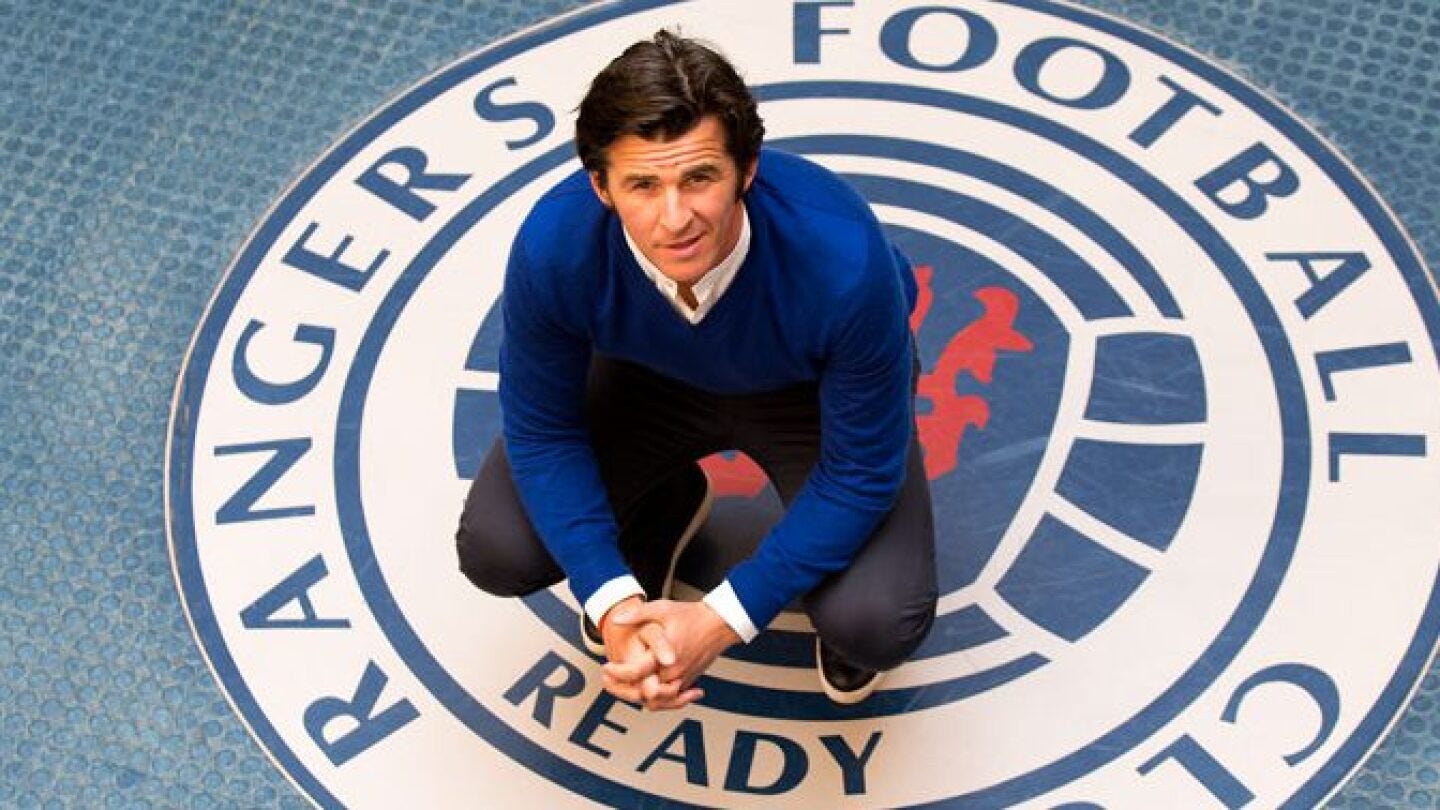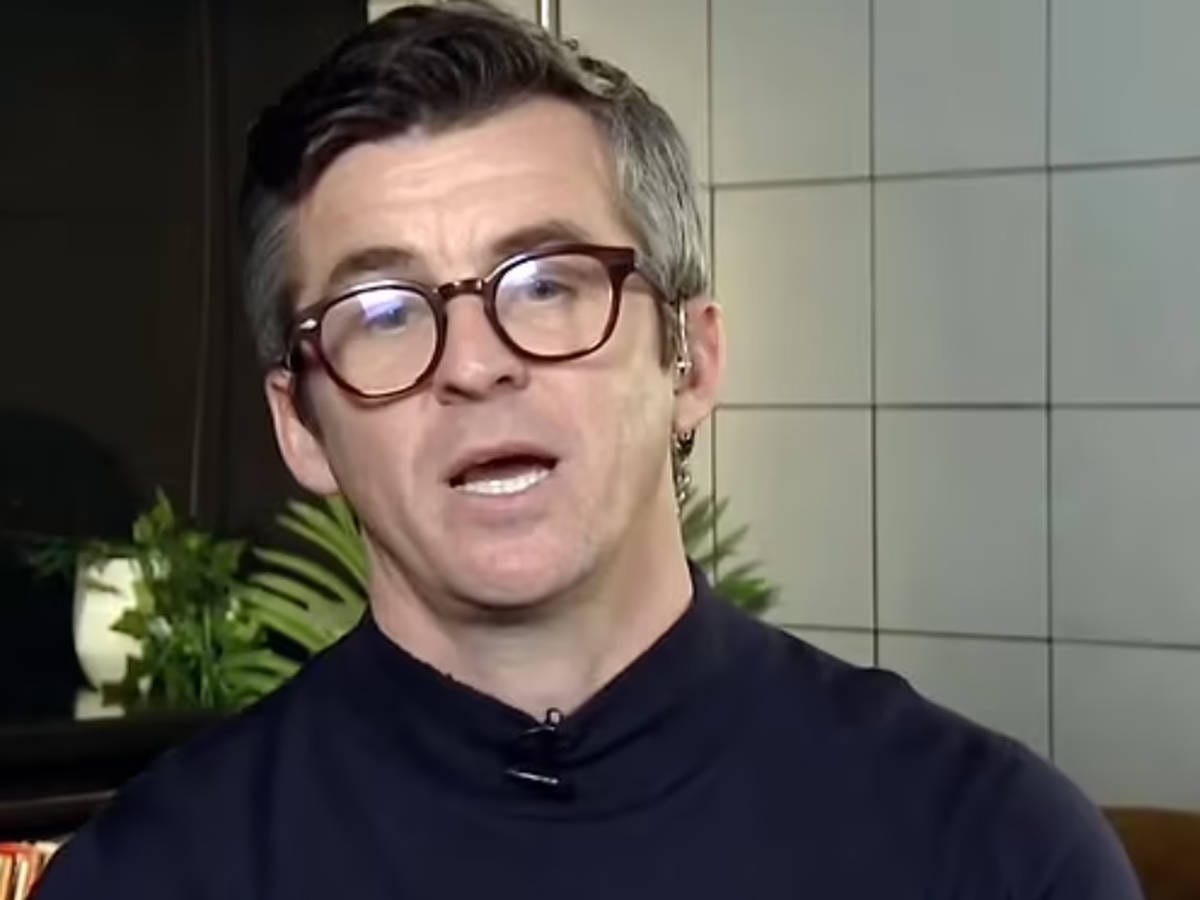Is Joey Barton a Free Speech Martyr or Just an Attention-Seeking Troll?
Joey Barton is one of football’s most divisive figures—a man whose unfiltered opinions have seen him branded both a free speech martyr and an attention-seeking troll. But what is he really?
At a time when public discourse is increasingly policed for political correctness, few figures in football provoke as much debate as Joey Barton. The former midfielder and Rangers flop, now a polarising media personality, has positioned himself as a defiant voice against what he sees as the stifling of honest opinion in sports punditry. While many quite rightly dismiss him as a mere provocateur, there may also be a case to be made that Barton - flawed as he is - has become an unlikely martyr for free speech in football.
Challenging Football’s Echo Chamber
One of Barton’s core arguments about modern football punditry, is that it suffers from a blending of thought. He points out that former players and managers, now working as analysts, often regurgitate safe, uncontroversial opinions to maintain their media positions - leading to bland, uninsightful commentary that prioritises corporate comfort over genuine debate. He must be a regular viewer of Sportscene and Kris Boyd on Sky Sports then!
Barton’s criticisms of pundits like Gary Neville, Jamie Carragher, and Micah Richards stems from a belief that they avoid hard truths to preserve their lucrative broadcasting careers. While his language and many comments are often abrasive and inflammatory, his underlying point - is not without merit.
In an industry where dissenting voices are regularly sidelined, Barton’s refusal to self-censor, even at the cost of a professional media career, may suggest a commitment to free expression that few in the game are willing to consider let alone match.
After Barton’s comments about female pundits, he was quickly dropped by talkSport and faced widespread condemnation from all quarters. Supporters argued that while his language was inflammatory, the reaction proved his point - dissent is punished.
The Consequences of Speaking Out
Barton’s willingness to voice controversial opinions has certainly come at a significant professional cost. Losing media roles, social media bans, and public condemnation suggests that his rhetoric is more than mere trolling - it’s a genuine refusal to conform to the party line, regardless of consequences.
It’s somewhat ironic that 10-15 years ago, I was facing a similar situation when I was running Scotzine. I was one of the first ‘Internet Bampots’ aka Fan Bloggers to obtain press access to games across Scotland at all levels of the Senior game. I was told to keep my head down, don’t rock the boat, toe the party line, and be a good little reporter. Do as I was told, don’t step out of the box. Equally ironic that I ended up being banned by the Scottish FA not once but twice.
The lengths that some of the ‘old guard’ went to impose a ban on my attendances at games was laughable. Firstly, I was accused by a leading member of the Scottish football press pack of abusing journalist Graham Spiers in the press room during a Scottish Cup game - which Spiers himself was unaware of and surprised to hear when I approached him for comment. Comments that were forwarded onto the then- Head of the Scottish FA Media Department Darryl Broadfoot - who took no notice of the facts even from the so-called victim and still issued the ban.
A representative of the Scottish Football Writers Association - who is no longer with us - also wrote to clubs asking them to revoke my accreditation - St.Mirren duly obliged - using an excuse that one of our photographers was sitting watching the game [between St.Mirren and Celtic] not doing his job, despite proving that he took over 300 photos of the game in question. Along with publishing post-match manager and player comments that were supposedly only for the Sunday newspapers - but were actually broadcast by Sky Sports half an hour before they were published on Scotzine. As did the Scottish FA for a second time, after securing press access once again mere weeks earlier!
The Case for Joey Barton as Football’s Ultimate Troll
Joey Barton’s transformation from Premier League bad boy to media provocateur follows a familiar playbook – one where calculated controversy trumps genuine discourse. Far from being a free speech warrior, Barton has perfected the art of attention-seeking outrage, weaponising social media to maintain relevance long after his football career ended. His pattern of behaviour points more towards being a cynical opportunist exploiting outrage culture for personal gain.
1. The Shock Value Playbook
Barton’s media strategy relies on a simple formula - identify sensitive topics, make extreme statements, and watch the engagement metrics soar. His infamous claim that “women shouldn’t talk about men’s football” was a deliberate provocation designed to dominate news cycles. Like all effective trolls, Barton understands that in today’s media economy, negative attention still pays dividends.
The timing of his outbursts often coincides with career moves. When launching his podcast or promoting media appearances, Barton reliably manufactures controversy to boost visibility. This pattern reveals his true motivation: not challenging football’s status quo, but monetising the backlash his comments generate.
2. Selective Outrage and Hypocrisy
Barton’s supposed crusade for “free speech” collapses under scrutiny of his own behaviour. While demanding the right to voice unpopular opinions, he routinely blocks critics on social media and has threatened legal action against detractors. His attacks focus disproportionately on women and minority figures in football while sparing more powerful establishment voices - suggesting a cowardly approach to target the more vulnerable critics.
The former midfielder’s criticism of “unqualified pundits” rings particularly hollow given his own lack of media qualifications. Barton rails against nepotism while leveraging his football fame for media opportunities he denies others. This hypocrisy exposes his rhetoric as performance rather than genuine belief.
3. The Troll’s Toolkit: Personal Attacks Over Substance
Genuine media critics build arguments; trolls manufacture enemies. Barton’s approach favours personal attacks over substantive analysis. His feuds with Gary Neville, Eni Aluko and Jeremy Vine follow the same pattern - reduce debates to personal insults, then posture as a victim when challenged. The football version of Tommy Robinson.
This strategy serves two purposes - it generates easy content (why analyse tactics when you can call someone illiterate or a halfwit?), and creates perpetual conflict to sustain relevance. Barton’s social media presence operates like a professional wrestling persona – staged rivalries and scripted outrage, with no interest in actual resolution or progress.
4. The Self-Sabotage Paradox
Barton’s supporters claim he’s being silenced for speaking truth to power - another tactic from the book of Tommy Robinson. Yet his career trajectory tells a different story - each controversy has brought new platforms, from podcast deals to newspaper columns. The censored Barton remains one of football’s most ubiquitous media figures precisely because of his provocations.
True martyrs suffer for causes greater than themselves. Barton suffers only the consequences of his own actions while converting notoriety into opportunities. His playacting as a free speech victim ignores the reality that no one has silenced him, he simply confuses being disliked and ridiculed with being persecuted.
The Bigger Picture: Free Speech in Football
Don’t get me wrong, Football, like much of modern society, has become increasingly risk-averse in its discourse. Players and pundits face immense pressure to avoid controversy, leading to a sanitised, often dull media landscape. Barton’s role in this environment is that of a disruptor - forcing conversations and opinions that others shy away from even if it could further their careers or they could gain financially from it.
While his methods are undeniably confrontational, they certainly raise legitimate questions: Should football media tolerate more unfiltered debate, even if it’s uncomfortable? Is football’s emphasis on respectability stifling meaningful discussion?
The Troll’s Victory
Barton’s greatest success lies in convincing observers there’s method to his madness. But strip away the Nietzsche quotes and pseudo-intellectual posturing, and you find a simple truth - he’s perfected the troll’s art of saying outrageous things to distract from having nothing substantive to say.
The tragedy isn’t that Barton’s being silenced – it’s that football media continues rewarding his brand of empty provocation with attention it doesn’t deserve. In an age where engagement algorithms prioritise conflict over nuance, Joey Barton isn’t a martyr for free speech. He’s simply its most successful parasite.
The test of a true dissenter is whether they’d still speak their truths if no one was listening. Barton’s entire persona depends on being heard and he’ll say whatever it takes to make sure we never stop.





He’s an out and out shit.